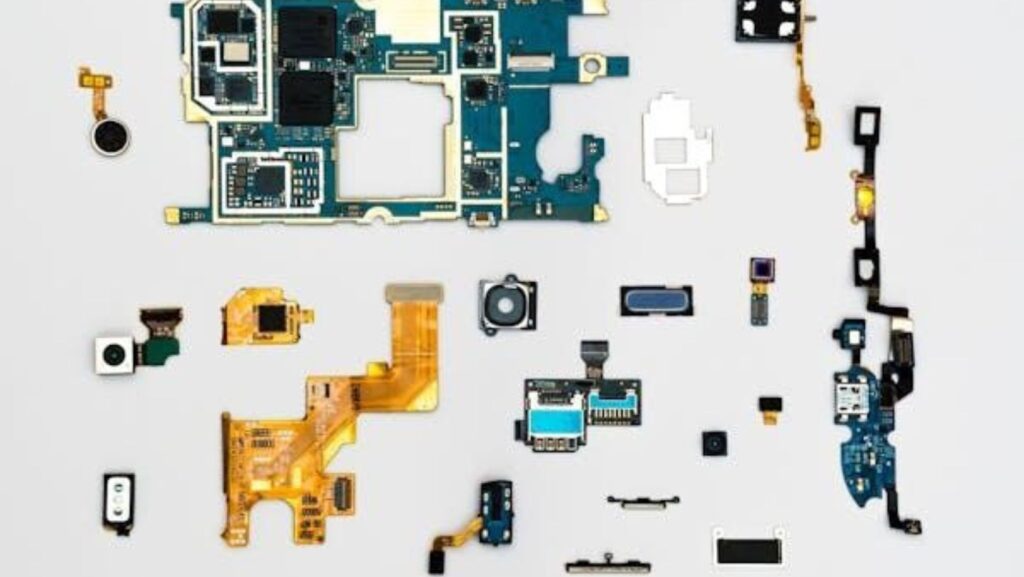An electric rotary actuator is a crucial component in the world of robotics and automation, providing the precise control needed for complex movements. These actuators, available at various specialized suppliers, are fundamental in many applications beyond just robotics.
Actuators serve as the muscle of robotic systems, converting energy into motion. They are responsible for the precise movements and functionalities that make modern robots efficient and versatile. From manufacturing lines to medical devices, actuators enable automation by performing repetitive tasks with high accuracy. This article will explore seven critical ways actuators are indispensable in robotics and beyond.
Precision and Control in Manufacturing
The first essential application of actuators is in manufacturing, where precision and control are paramount. Actuators allow for the exact positioning and movement of robotic arms, ensuring consistent quality in production processes. For instance, in an assembly line, actuators can handle delicate components carefully, reducing the risk of damage and improving overall efficiency. This precision is crucial for maintaining high standards and meeting regulatory requirements.
Enhancing Medical Devices
In the medical field, actuators play a pivotal role in enhancing the functionality of various devices. Surgical robots, for example, rely on actuators to perform intricate procedures with unparalleled precision. This capability allows for minimally invasive surgeries, reducing patient recovery times and improving outcomes. Additionally, actuators are used in prosthetics, providing realistic and responsive movements that significantly improve the quality of life for users.
Agricultural Automation
Actuators are also transforming agriculture by enabling automation in various farming processes. Automated machinery, such as harvesters and planting equipment, utilize actuators to perform tasks efficiently and accurately. This technology not only increases productivity but also allows for more sustainable farming practices by optimizing the use of resources. As a result, farmers can achieve higher yields with less labor, addressing some of the key challenges in modern agriculture.
Advancements in Aerospace
In the aerospace industry, actuators are essential for controlling the movements of various aircraft components. From adjusting wing flaps to managing landing gear, actuators ensure the smooth and safe operation of airplanes.

Their reliability and precision are critical for maintaining the high safety standards required in aviation. Moreover, actuators contribute to the development of unmanned aerial vehicles (UAVs), enabling advanced capabilities in surveillance, research, and rescue missions.
Improving Home Automation
Home automation systems greatly benefit from the use of actuators. They are used in applications such as adjustable beds, automated windows, and smart furniture. These devices enhance convenience and comfort by allowing users to control their environment with ease. Actuators in home automation systems can be integrated with smart home technologies, providing seamless and efficient control over various household functions.
Robotics and Artificial Intelligence
Robotics and artificial intelligence (AI) are fields where actuators are indispensable. They enable robots to perform a wide range of tasks, from simple movements to complex operations. Actuators allow for the precise control required in AI-driven robots, enabling them to interact with their environment effectively. This capability is essential for applications in research, industry, and even entertainment, where robots must perform tasks autonomously and adaptively.
Enhancing Renewable Energy Systems
Actuators are also playing a significant role in renewable energy systems. In solar power plants, for example, actuators are used to adjust the position of solar panels to maximize energy absorption throughout the day.

This technology ensures optimal performance and increases the efficiency of solar power generation. Similarly, in wind turbines, actuators adjust the blade angles to optimize the turbine’s performance, contributing to the overall efficiency of renewable energy sources.
The Bottom Line
Actuators are a critical component in numerous applications beyond robotics, offering precision, control, and efficiency across various fields. From manufacturing and medical devices to agriculture and aerospace, the versatility and reliability of actuators make them indispensable in modern technology. As we continue to advance in automation and AI, the role of actuators will only become more significant, driving innovation and improving the functionality of countless systems.



